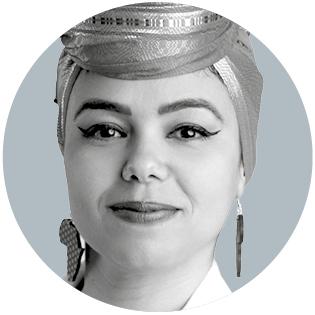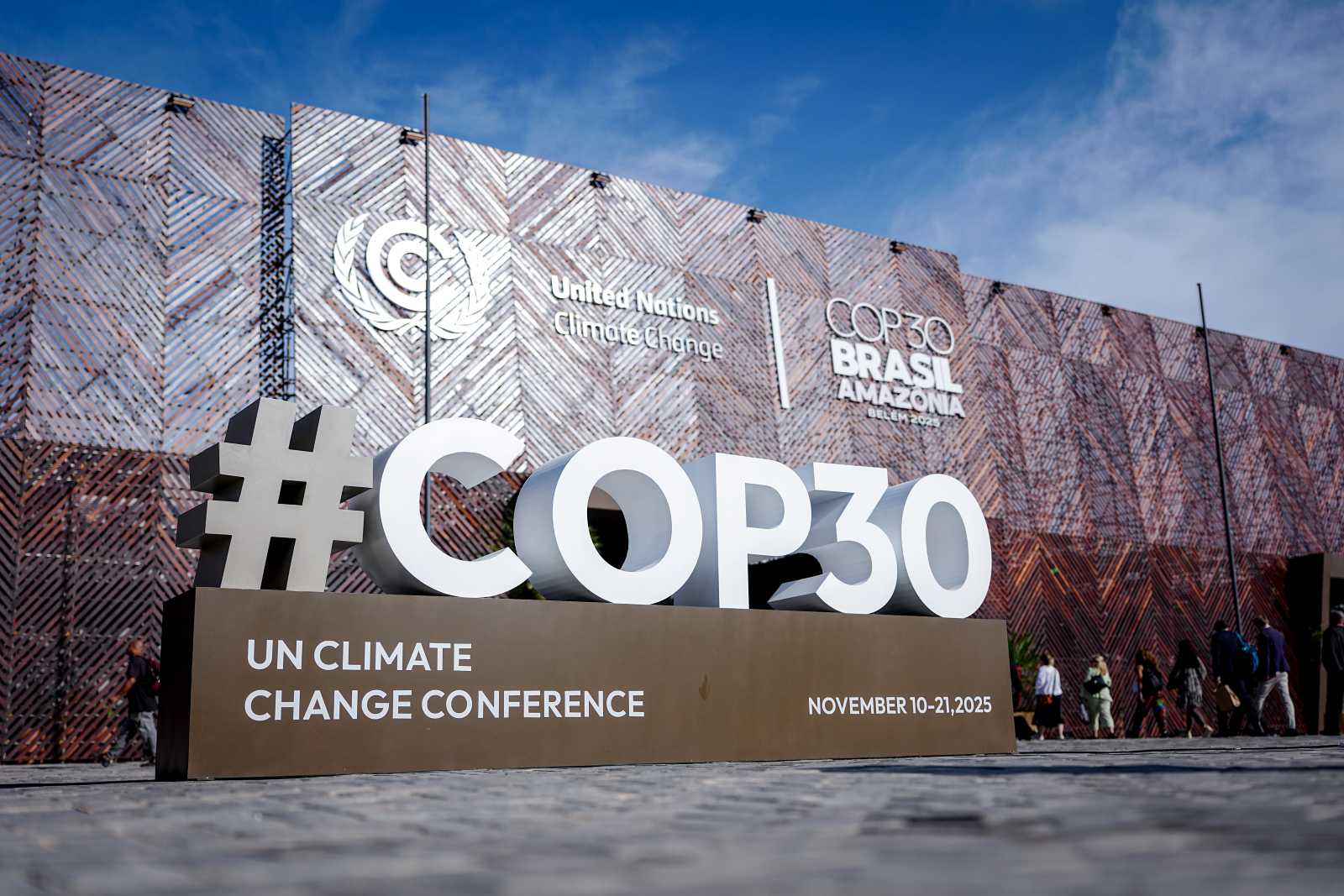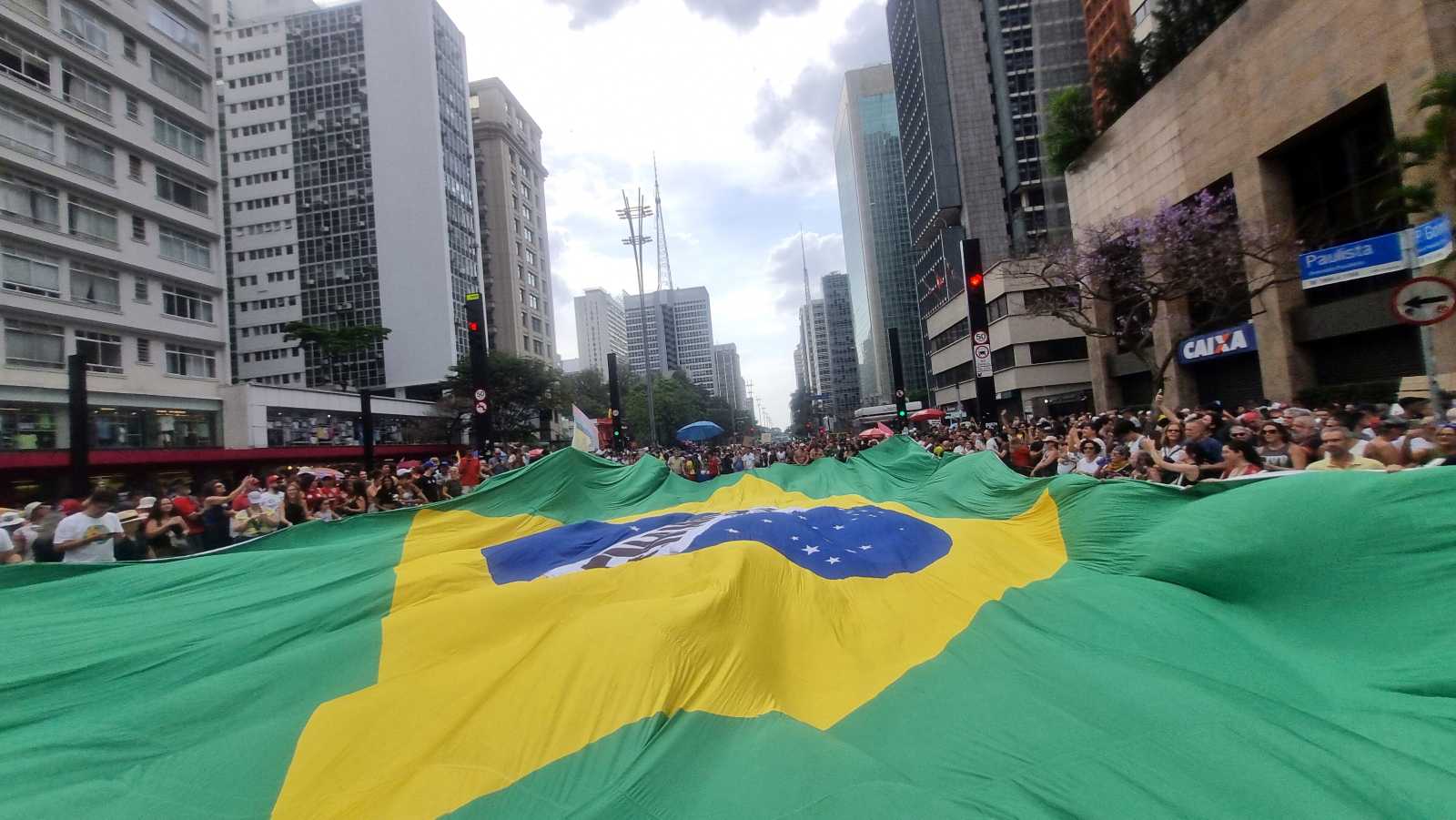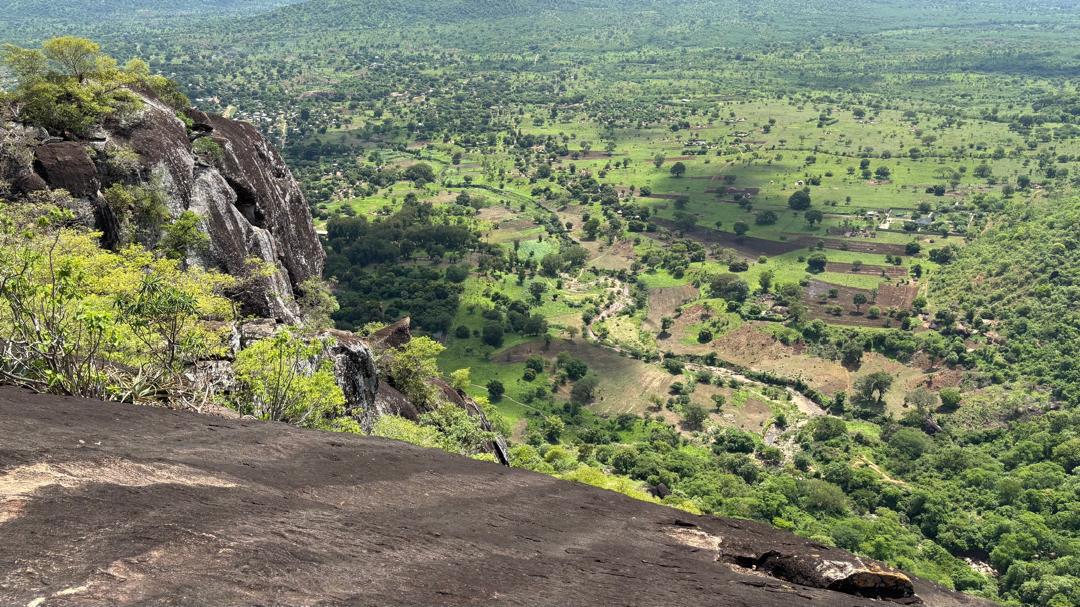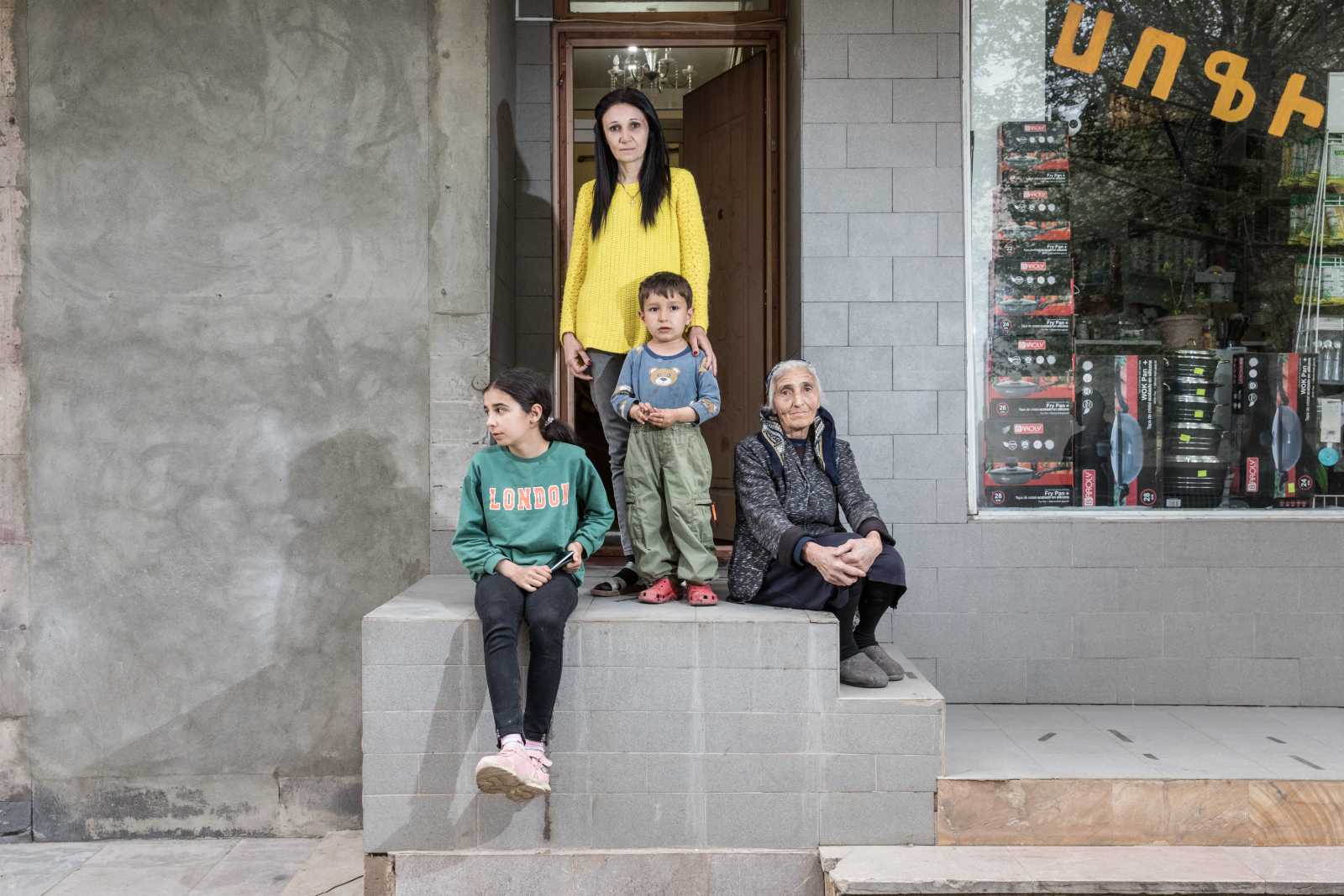Political violence
Hard times
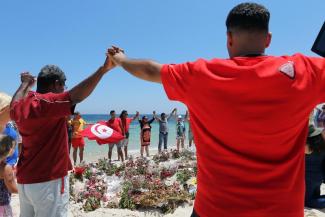
On 18 March, the international community was shocked by the terror attack at Bardo Museum in Tunis. 21 people, mostly European tourists, were killed. On 26 June, the international community stood shocked again with the tragedy of Sousse, where a fanatic murdered 38 tourists. This attack occurred in the holy month of Ramadan.
Sadly, terrorism has been haunting Tunisia since early 2013. Attacks occurred during Ramadan in 2014 and 2013 too. The Islamist hardliners want Tunisia’s young democracy to fail.
After the revolution toppled the Ben Ali dictatorship in 2011, I think terrorism started with the assassination of the opposition leader Chokri Belaid in February 2013. A few months later, Mohamed Brahmi, another leftist leader and member of the National Assembly, was also killed. Obviously, religious fanatics hated the secular politicians. In view of the assassins’ impunity, unrest grew.
Since early 2013, over 40 Tunisian soldiers have been killed in terror attacks. One of them was deadliest on the Tunisian Army since the country’s independence in 1956.
Recently, terrorists have been shifting from military and security targets to civilian and urban ones. Because the victims of the Sousse and Bardo massacres were mainly foreigners, travel warnings have been expressed, and fewer tourists are now spending the summer in our country.
Tourism is a vital sector of the national economy. Its revenues reduced the country’s trade deficit by 50 % last year. Sousse is one of the main tourism sites. It contributes about 14 % to gross domestic product and employs about 12 % of the work population.
Most people in Sousse directly or indirectly depend on tourism, and terrorism also affects related sectors, such as food and beverage, transportation, crafts, banks and archaeological sites. More generally speaking, the business climate is deteriorating. Foreign investors appear to be loosing interest. But investing in Tunisia at this crucial time is actually investing in strengthening our democracy.
No doubt, national security, the democratic process, macro-economic stability and efforts to improve socio-economic equality are at risk. Nonetheless, the country has witnessed poorly coordinated government strategy in response to the escalation of terrorist operations and propaganda. The root causes have not been tackled.
Instead of looking for long-term solutions, public debate is focused on who is responsible for the country’s vulnerability. This was a polarising issue in recent election campaigns. Yes, the security forces look overstretched, underequipped and unable to master the problems. Nonetheless, the security sector in itself cannot provide the solution.
Because of terrorism, government expenditure on education and infrastructure is being cut, so funds can be used for security purposes. Hyperactivity, however, does not help. In the three months after the Bardo Museum atrocity, the government claims to have carried out 7,000 security operations, arresting 1,000 people and stopping 15,000 people from travelling to fight jihad abroad. It is impossible to verify such information, and effectiveness is not guaranteed. The heroism, however, of the Sousse hotel staff has been the story of many survivals.
Tunisian attempts to improve security, however, did not stop the UK government from ranking Tunisia in the same danger category as Afghanistan, Iraq and Somalia. After Sousse, it urged all British tourists to leave the country, and some 2000 did so.
The underlying problem is that economic recession is radicalising young people. Jobless youngsters in marginalised towns are attracted by Islamist rhetoric. They consider themselves victims and even martyrs of a secularist regime, rather than criminals threating the democratic progress. Young people do not get the needed support and leadership opportunities, so ISIS looks attractive. Police repressions is a problem too.
Rap star Emino traded his career to join the ISIS militia after being arrested for political lyrics and experiencing police brutality. An estimated 3,000 young men have joined ISIS. If Tunisia looses too many of its alienated youth, it cannot gain stability. European partners should take note. Failure to support the region’s first real democracy will come back to haunt Europeans.
Aya Chebbi is Tunisian blogger. Blog: Proudly Tunisian http://aya-chebbi.blogspot.com/
